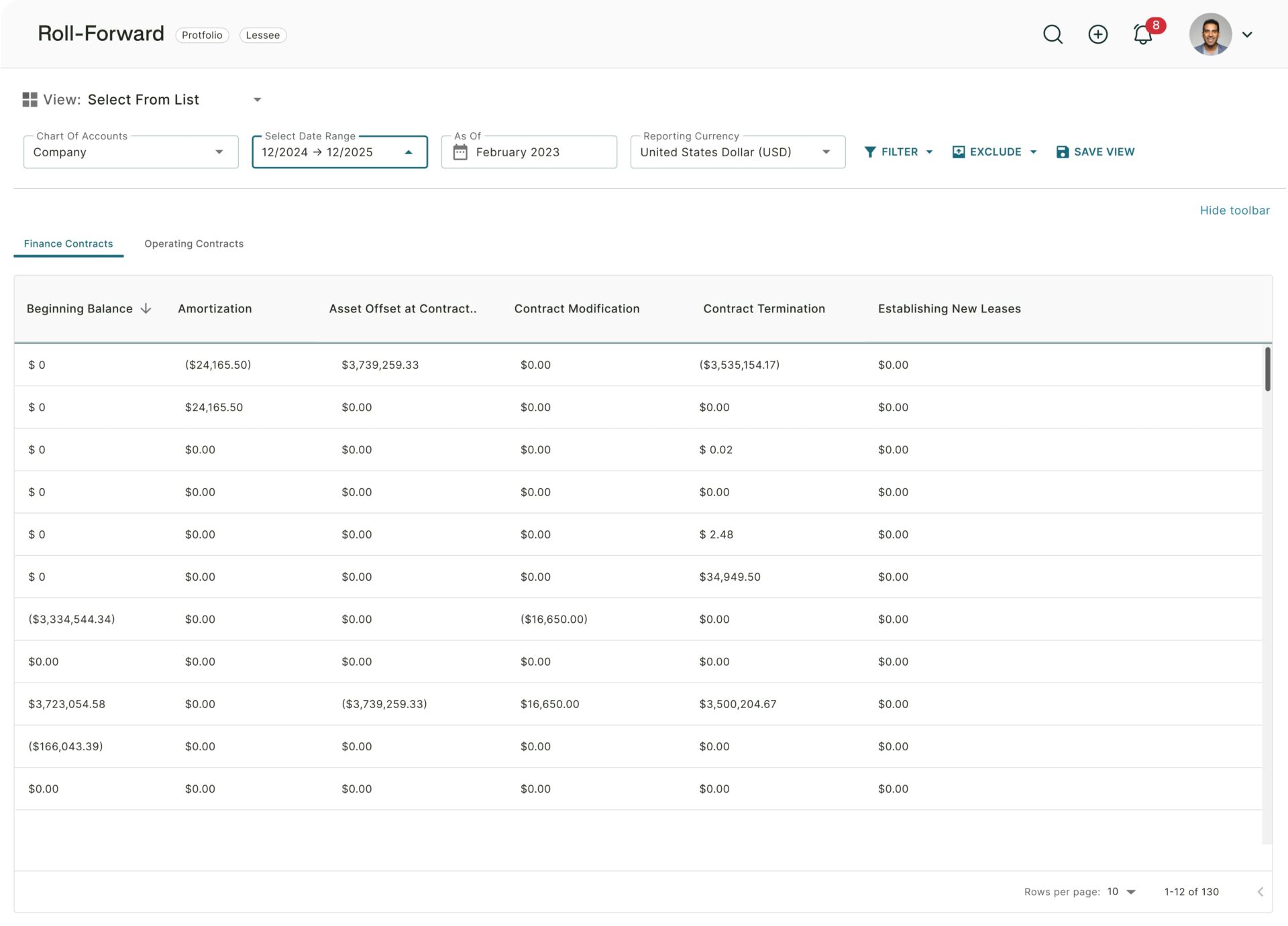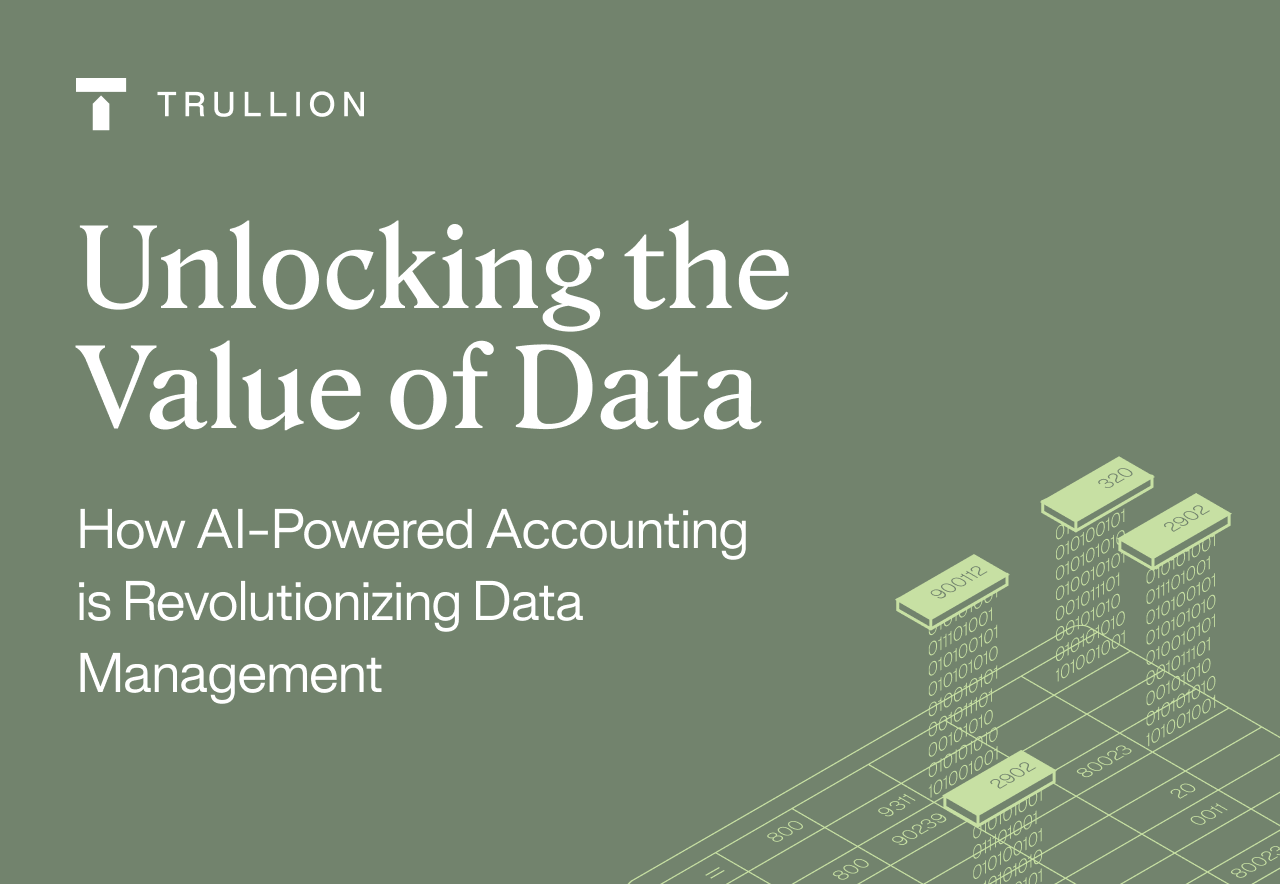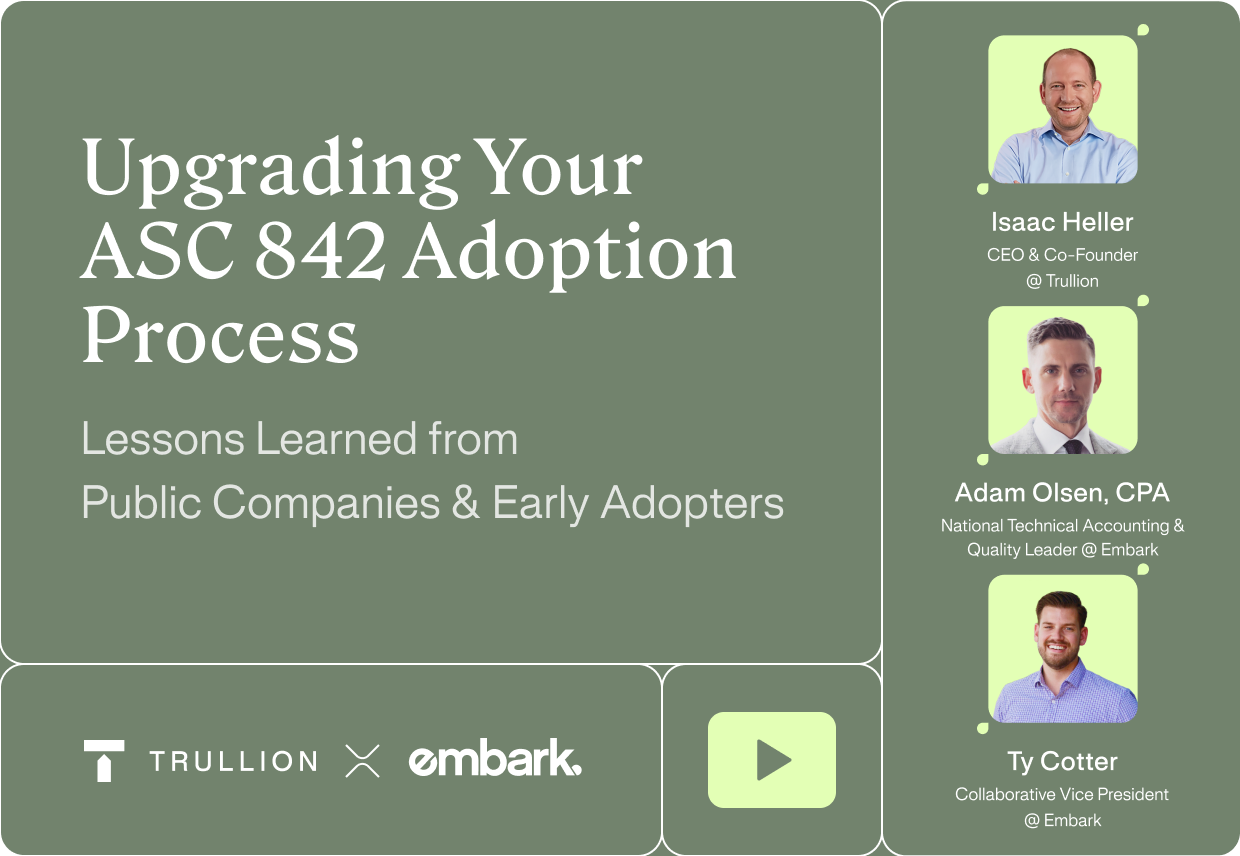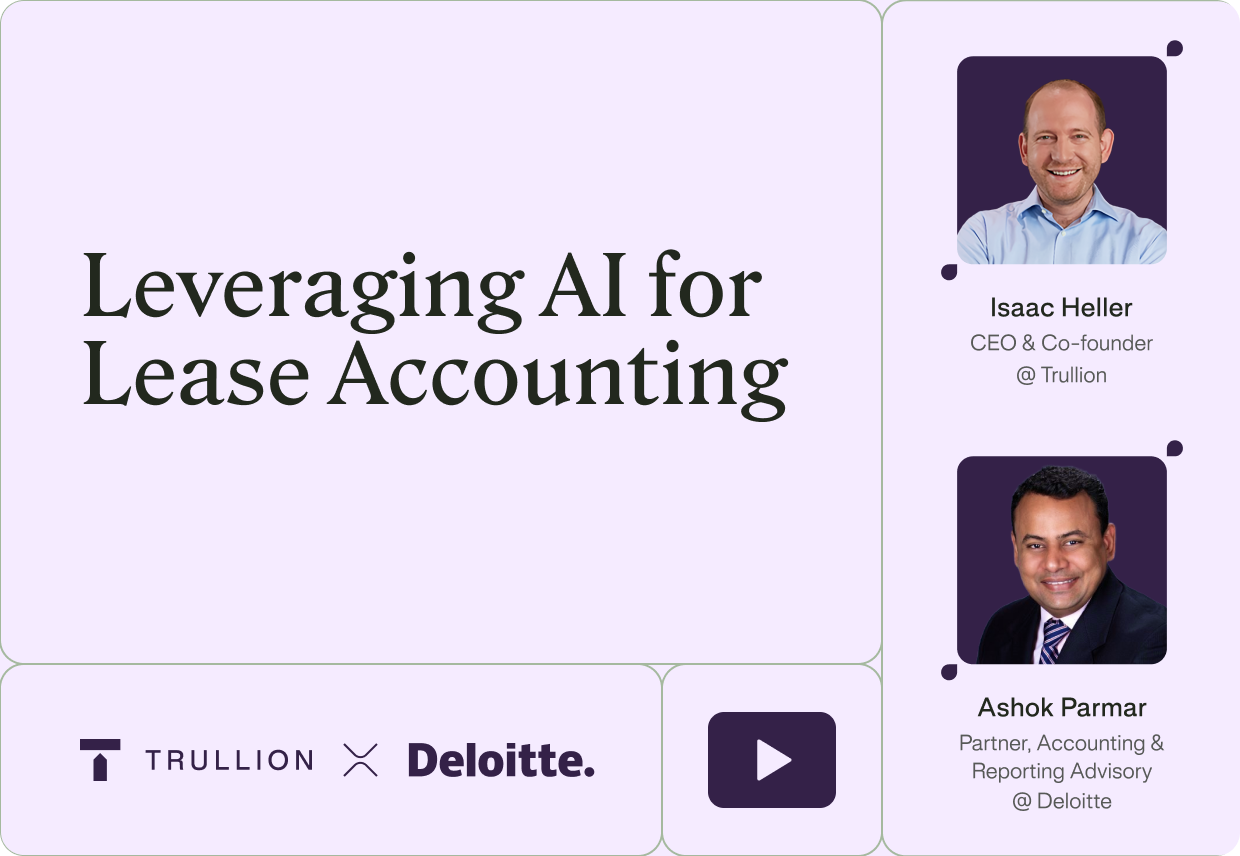With generative AI stepping into the mainstream spotlight thanks to ChatGPT and similar platforms, people have suddenly realized just how powerful this technology is.
From an accounting perspective, AI has been used for some time to revolutionize the profession, including when it comes to data management. This field is expanding rapidly – and we’re at the very beginning of what’s possible – but AI-powered accounting solutions like Trullion have already completely changed the way that we relate to accounting.
Even the term “data management” is not immune to the capabilities of AI-powered accounting software. Instead of data being merely “managed,” it can be harnessed to achieve spectacular outcomes, from spotting anomalies in massive data sets to driving incredibly valuable business insights.
AI-powered accounting software and data management
There are several ways in which AI-powered accounting software can help companies achieve their business goals. These include:
Data Entry Automation
AI-powered accounting software can automate data entry, especially when it comes to repetitive, manual entries. Gone are the days when accountants would have to update a spreadsheet, and then update their journal entries. Today, AI takes care of the entire process. What’s more, a company like Trullion uses optical character recognition (OCR) technology to scan and extract data from contracts, eliminating the need for manual data entry, saving time, and reducing errors.
Streamlined Bookkeeping
Using AI-powered accounting software can also streamline bookkeeping by automatically categorizing and reconciling transactions. By using machine learning algorithms, the software can learn from past transactions and predict future categorizations, making bookkeeping more efficient and accurate.
Improved Financial Reporting
AI-powered accounting software can improve financial reporting by automatically generating reports and visualizations based on the data in the system. This can help businesses make better-informed decisions and identify trends and patterns in their financial data, as well as empower accountants to present data and conclusions, and thus enhance their value.
Anomaly Detection
From both an internal and external audit perspective, AI-powered accounting software can help detect unusual events by using machine learning algorithms to identify anomalies in financial data. By analyzing large amounts of data, the software can detect outlier transactions for example, and flag them for further investigation.
Predictive Analytics
AI can be used to analyze financial data and predict future trends and outcomes. This can help businesses make better-informed decisions and more effectively plan in ways that are often beyond the scope of human assessment. It can also help uncover opportunities, which may not have been visible to the human eye.
Challenges regarding implementing AI-powered data management systems
While AI-powered accounting software offers many benefits, there are also several challenges – some real and some perceived – that companies may encounter when implementing and using this technology.
Data Quality and Outputs
One of the biggest challenges with AI-powered accounting software is ensuring the quality of the data used to train the machine learning models. If the data is incomplete, inaccurate, or biased, the machine learning algorithms may produce unreliable results. What’s more, in a field where accuracy is essential, AI models which are known to occasionally generate inaccurate results need to be carefully monitored.
Implementation Costs
Implementing AI-powered accounting software can be expensive, both in terms of the cost of the software itself and the resources required to set up and integrate the technology with existing systems and processes. Unless the solution is SaaS-based, these costs can be a barrier to early adoption. Companies such as Trullion work to ensure a cost-effective, low-friction, and fast-paced implementation without the steep learning curve associated with less agile solutions.
User Adoption
Another challenge is getting users to adopt the new technology. Some employees may be resistant to change or may not feel comfortable relying on AI-powered software for critical accounting tasks. As with previous change management in our industry, the anticipated pain associated with change is often greater than in reality.
Cybersecurity Risks
AI-powered accounting software may also introduce new cybersecurity challenges for the modern business world to grapple with. For example, if the software is not properly secured, it may be vulnerable to hacking or other types of cyber attacks. A recent example is ChatGPT itself, where private data was exposed. As with all technological progress, a responsible, ever-adapting set of policies and procedures are important to adopt as a business leader.
Regulatory Compliance
Finally, AI-powered accounting software may also pose regulatory compliance challenges. For example, businesses may need to ensure that the software meets data privacy regulations, such as GDPR or CCPA. These are not new challenges, but it is important to extend compliance policies to account for new tools and technologies.
Confidently stepping into the AI-powered accounting era
At Trullion, we have developed a robust AI-driven solution that has been used successfully by companies all over the world. By developing the platform specifically for accountants – understanding the challenges they face, along with the opportunities they can exploit – we’ve managed to provide all of the benefits of AI-powered accounting and data management, without the risk so often associated with less mature applications of this cutting-edge technology.
To experience real AI-powered accounting from Trullion, set up a call with an expert today.










